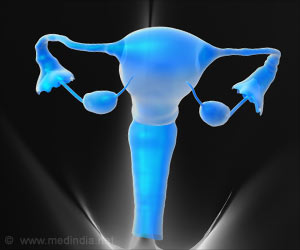In addition, the study identified 20 cases in which individuals were infected simultaneously in both Delta and Omicron, including a low-level remodeling virus. The study authors said that two infections have already been reported in another study currently under review.
Hybrid variation arose through a process called recombination when two types of a virus simultaneously attack a patient, exchanging genetic material to produce new offspring. Scientists claim that the “backbone” of the deltacron variant comes from the delta variant, while the medRxiv paper states that its spike protein which causes the virus to enter the host cells – is derived from the omicron.
“We have known that recombinant events can occur, in humans or animals, with multiple circulating variants of #SARSCoV2,” Dr. Soumya Swaminathan, the chief scientist at the World Health Organization (WHO) tweeted on Tuesday (March 8). She highlighted the “need to wait for experiments to determine the properties of this virus.”
In a press conference, the COVID-19 Technical Lead, for the WHO, Dr. Maria Von Kerkhove said that so far scientists have not been able to see any changes in the new variant’s severity compared to past variants, but that many scientific studies are underway. According to GISAID, the new variant has been circulating since January.
“Unfortunately, we do expect to see recombinants because this is what viruses do. They change over time,” Von Kerkhove added. “We’re seeing a very intense level of circulation (of SARS-Cov-2),” she said. “We’re seeing this virus infect animals with the possibility of infecting humans again.“
Additionally, COVID-19 is currently infecting animals, with the possibility of infecting humans again, creating additional chances for mutations.
“So, again, this pandemic is far from over,” she said. “We cannot allow this virus to spread at such an intense level.“
A Harvard-trained Microbiology Professor at Colorado College Dr. Phoebe Lostroh has sid that the development of recombinants in viruses is very common.
Case in point: the flu.
“The interesting thing is that every global (flu) pandemic since 1918 has had at least some genes from the flu pandemic of 1918-1919, all these years later,” she said.
The resarchers have also shared that the genetics of the recombinant variant also suggested that it did not represent a new phase of the pandemic.
As deltacron cases are relatively rare, there is not yet enough data about the severity of the variant, or how effectively vaccines will protect against it.
So we have to be extra careful to be sure that no COVID-19 or its strains attack us.
Source: Medindia



